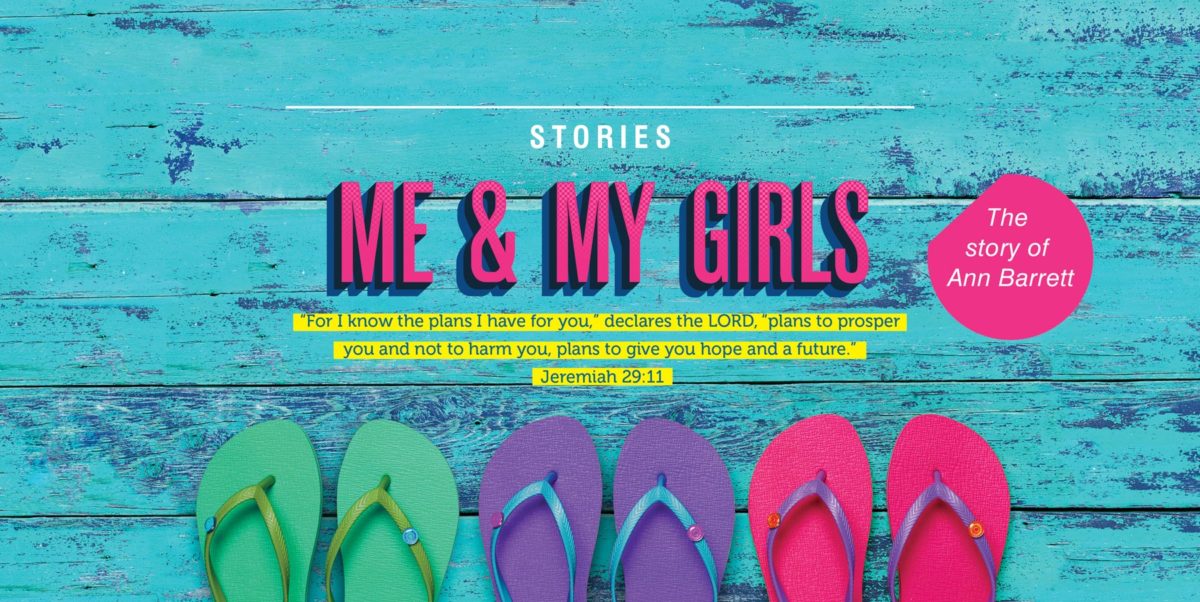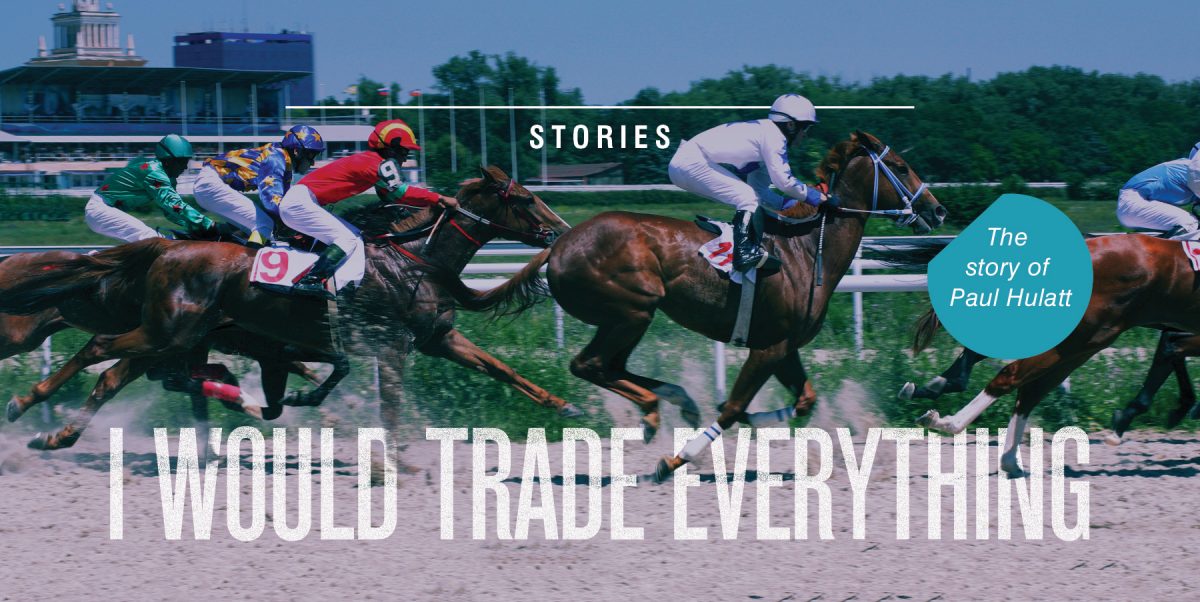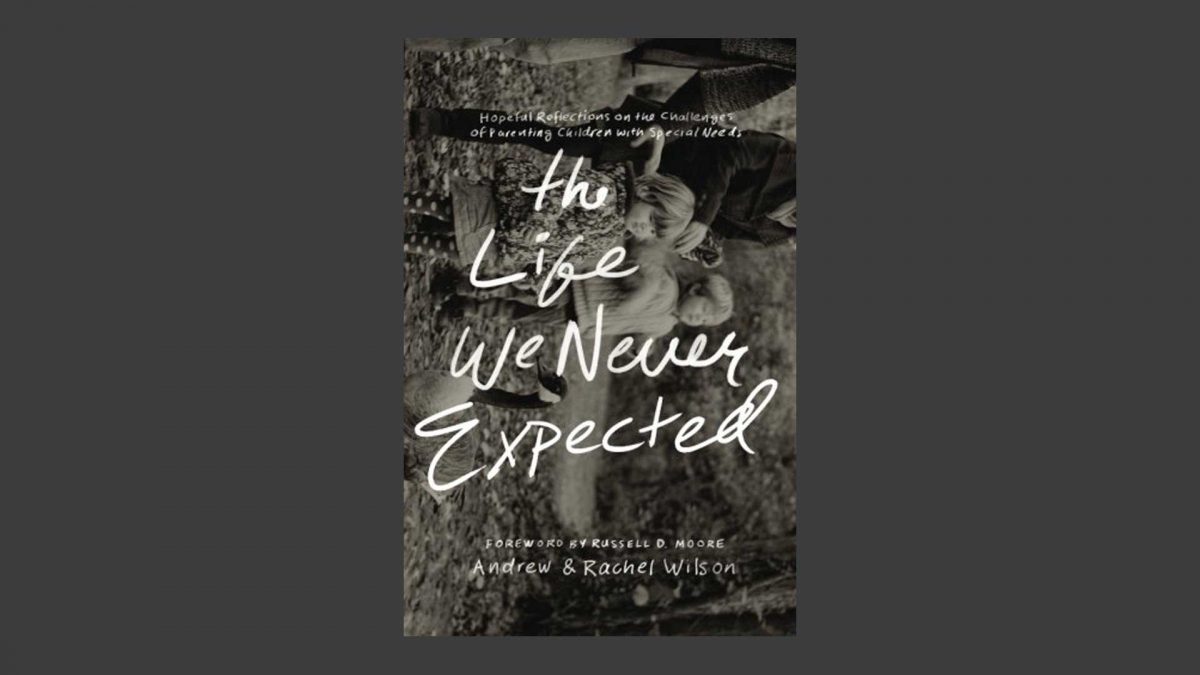Most of us know what it’s like to read a section of scripture and find ourselves thinking, I wish that bit wasn’t there.
Sometimes that’s because the Bible contains puzzling details (like when people start swapping sandals in the middle of a love story, or holding each other’s thighs when they’re agreeing a deal). Sometimes it’s because we feel embarrassed about the easy confidence with which it talks about impossible things (parting the Red Sea? Really?). Sometimes it’s because we’re genuinely confused by a difficulty, either within the text (how did Judas die, again?) or outside of it (did a flood really cover the entire Earth, and if so, why isn’t there any geological evidence for it?).
And often, it’s because we simply don’t like it. It’s ancient, different, challenging, scary, radical, courageous, provocative. We live in a world where many of the things the Bible says – God made everything, human beings are responsible for the world’s problems, God chose Israel as his special people, sex is only meant for one man and one woman in marriage, Jesus is the only way to God, the wages of sin is death, God is going to judge the earth one day, and so on – are profoundly unpopular. Saying them out loud may get you labelled a bigot or an idiot; saying them on a reality TV show means either you get kicked off or the show gets cancelled.
This isn’t just a British problem. Every society has parts of the Bible it doesn’t like. Funnily enough, though, different societies object to different bits. In many Asian and African countries, people will love what the Bible says about creation, sin, sexuality and judgment, but struggle with what it says about forgiveness, grace, inclusion and loving your enemies. No matter where you travel, you will find people who don’t like something in the Bible.
EDITING THE BIBLE?
The question is: what do we do when that happens? Do we stand as judge over the Bible, and decide which bits we will accept and which bits we won’t? Or do we sit under the loving authority of God, expressed through the scriptures, and allow him to shape us, correct us and challenge us? Do we let ourselves edit the Bible, or do we let the Bible edit us?
It’s a very old question. Satan’s first attack on humans came with the words, ‘Did God really say…You will not surely die’ (Genesis 3:1-4, my italics). But it also has a very old answer. Jesus’ response to Satan, in his own hour of testing, was simply to quote the scriptures: ‘It is written…It is also written…it is written’ (Matthew 4:4,7,10). For Jesus, the scriptures were not to be messed around with, undermined or misquoted; they represented the ‘word of God’ which ‘cannot be broken’ (John 10:35), in which the authors spoke ‘by the Holy Spirit’ (Mark 12:36), and which ‘must be fulfilled’ (Luke 24:44). Statements like that, from Jesus himself, are why Christians for 2,000 years have affirmed that the scriptures represent the word of God: divinely inspired, useful, sufficient, authoritative, trustworthy, and true. And they are also why Christians have affirmed that if followers of Jesus find themselves in conflict with the Bible on something, it is us that needs to change, and not the Bible.
THREE DISTORTIONS
There are three main ways in which this view of scripture – as God’s inspired, authoritative and truthful word – can get distorted by Christians. All of them can be plainly seen in the contemporary British Church, but my guess, based on my own experience, is that the third is the most widespread.
DISTORTION #1: LITERALISM
The first is to affirm that ‘every word of the Bible’ is ‘literally true’. This, frankly, is ridiculous. For a start, a word cannot be true or false. ‘David’ is neither true nor false, and neither is ‘Amalekite’; ‘David forgave the Amalekite’, on the other hand, can be assessed for its truthfulness. Not only that but sentences only have meanings within wider literary contexts – ‘a man went down from Jerusalem to Jericho’ would mean one thing in a historical account, and another in a parable.
Then there is that word ‘literally’, which completely fails to do justice to the way language works, despite its common use today (like when a friend told me the other day that a certain speaker had ‘literally turned the church upside down’). There are all sorts of biblical texts that all of us know aren’t literally true, ranging from the obviously poetic (‘Your breasts are clumps of dates’) to the obviously symbolic (‘I saw a beast coming out of the sea, Revelation 13:1) and the obviously hyperbolic (‘gouge [your eye] out and throw it away’, see Matthew 5:29). There are turns of phrase which, though they sound literal to our ears, would not have done to their original readers (like ‘the moon [will turn] to blood, Joel 2:31) or she will be ‘nourished for 1,260 days’, Revelation 12:6, ESV). There are deliberate paradoxes put next to each other, to make us think about them (‘Do not answer a fool according to his folly…Answer a fool according to his folly’, Proverbs 26:4-5). There are accounts told from different perspectives, which turn to nonsense if you try to amalgamate them (like the American writer who infamously declared the rooster crowed six times). There are entire chapters that we subsequently discover are wrongheaded (like the speeches made by Job’s three friends, for example; at the end of the book, God gives them all a good telling off). Most awkwardly, there are extended passages whose ‘literal’ meaning may not be the meaning intended by the author.
Talking about the Bible being ‘literally true’, in cases like this, doesn’t help us. Honouring the scriptures means taking language, literary style, genre, context, form, perspective and theology seriously. It means we need careful scholarship, and leaders and teachers, and personal study, and detailed discussion within a local church, to establish what the original authors meant. In all of these things, our question is not is the Bible truthful? – since Jesus was pretty clear on that – but what does the Bible mean? When interpreted correctly, it is true in all that it affirms. When interpreted incorrectly, there is no limit to the amount of bunk we can assume it teaches.
DISTORTION #2: LIBERALISM
Another way of distorting the view of scripture I sketched above – as God-inspired, useful, sufficient, authoritative, trustworthy and true in all it affirms – is to insist that we should only accept the parts of the Bible which cohere with human reason and experience. Gary Dorrien, the prominent liberal Protestant scholar, describes it like this: ‘Christian scripture may be recognised as spiritually authoritative within Christian experience, but its word does not settle or establish truth claims about matters of fact.’ The classic example of this approach is Thomas Jefferson, who went through his New Testament with scissors and assembled his own version, leaving out all the miracle stories and statements of Christ’s divinity.
In my experience, evangelicals can be a bit quick to throw this label at each other. Historically, theological ‘liberalism’ refers to a particular approach to reason and revelation, but in popular usage it can simply mean ‘someone who has gone fluffy on the Bible’. This is unfair. There are all sorts of people who are either evasive about, or downright dismissive of, the authority of God in scripture, but who continue to affirm the resurrection of Jesus and all sorts of other things that do not fit with human reason. To call such people liberals, as rhetorically useful as it might seem, is simply inaccurate; their approach might be described better by distortion #3.
DISTORTION #3: MIX-AND-MATCH
The third distortion is much more common in the contemporary Church: a selective acceptance of the Bible, whereby some parts are true and lovely, and other parts are false and difficult. Under this approach, the Bible is valuable, interesting, inspirational and helpful – but not ultimately authoritative, entirely trustworthy or completely true. Usually, if a biblical passage fits with contemporary Western notions of morality, then we accept it as God’s word. But if it doesn’t – like when it talks about the anger of God, or repentance, or gay sex, or divorce – then we can emphasise its humanness, point out the limited knowledge of the writer, explain how they came to be so silly, and move beyond the text to a supposedly higher ethical standard.
This view, for me, bears a number of similarities to Steve Chalke’s article in last month’s magazine. The Bible, Steve argued, contains ‘numerous discrepancies, errors and downright contradictions’, as well as ‘oppressive and discriminatory measures’. To refer to it as infallible, as tens of millions of Christians do, is ‘to say the least, extremely misleading’ – apparently, doctrines such as infallibility only began to spring up after the invention of the printing press.
On issues such as women in church leadership, and other religions, we are free to come to a ‘developed, or even different, view’ from what we find in the canon, just like William Wilberforce did with slavery; but that is ok, because the word of God is ‘ultimately a person, not a manuscript’. We read the Bible ‘through the Jesus lens’ – which looks suspiciously like it means using the parts of the Gospels that we like, with the awkward bits carefully screened out, which enables us to disagree with the biblical texts on God, history, ethics and so on, even when Jesus didn’t (Luke 17:27-32 is an interesting example). Ultimately, we do not go to the scriptures to listen to God’s authoritative voice, but to participate in a ‘sacred conversation’.
Despite my huge respect and admiration for Steve – we have many friends in common, he has preached in my church, and he has done far more for the poor and vulnerable than I have – a couple of quick corrections are probably needed.
First, Wilberforce did not abolish the West African slave trade because he came to a different view from Paul, but because he held the same view as Paul (not least as expressed in 1 Timothy 1:10, which forbids enslaving people), a point which is clear from his writings.
Secondly, infallibility did not pop up out of nowhere after the printing press was invented. In the first century, Clement referred to the scriptures as the ‘true utterances of the Holy Spirit’ (1 Clement 1:45); in the second, Athenagoras argued that ‘God moved the mouths of the prophets as if they were musical instruments’ (A Plea For the Christians), and Augustine said that ‘the authors of holy Scripture were totally free from error’ (Letter 82.3).
Thirdly, although Steve gave no examples in his article of any discrepancies, errors or contradictions in the Bible, those he gave in his February 2011 article on the subject have been refuted numerous times by evangelical scholars.
And fourthly, although Jesus is called the ‘word’ in four places in scripture (John 1:1,14; 1 John 1:1; Revelation 19:13), there are literally hundreds of other places where ‘the word of God’ or equivalent simply means ‘that which God has said’ – normally referring to that which we now have in scripture, or the gospel, or both.
But none of these strike to the main point, which is that this approach simply does not reflect how Jesus saw the scriptures. (Jesus was talking about the Old Testament, of course, but as Steve rightly points out, the extent of the New Testament canon has been agreed for a very long time, too.) When Jesus said that the scriptures could not be broken, he did not seem to think this was an ‘extremely misleading’ view which sent a ‘chilling message’. When referring to the oldest parts of the Old Testament, Jesus affirmed the way they represented God, rather than saying that they reflected a ‘gradually growing’ picture of his character (Mark 12:26 and so on). When fighting the devil’s temptations, he said, ‘It is written’ as opposed to ‘I appreciate reflecting on this part of the giant, sacred conversation’. Paul was similar: ‘All scripture is God-breathed and is useful…’ (2 Timothy 3:16) he said, not just the bits which postmodern Westerners find palatable.
Not only that, but many of the biblical passages that people find the most troubling, and the most likely to be ‘mistaken’, are affirmed willy-nilly by Jesus and the apostles with complete disregard for any subsequent controversies that might emerge. Creation from nothing, the origin of death among humans, the murder of Abel by Cain, a cataclysmic flood of judgement, the righteous judgement of Sodom and Gomorrah, the Mosaic origin of the Torah, manna from heaven, the reliability of Deuteronomy, the driving out of the Canaanites, Isaiah’s authorship of the servant songs, and so on – it’s almost as if Jesus and his followers went out of their way to validate all of the most awkward apologetic curveballs in the Old Testament just to make life difficult for post-Enlightenment Western interpreters. Read through the Gospels, and you won’t find even a hint that Jesus thought these events didn’t happen; quite the opposite, in fact. It is possible, of course, that Jesus and the apostles were also mistaken, and that their affirmation of all these challenging Old Testament texts reflects nothing more than their limited horizons of understanding. (Most Christians are not prepared to go there, of course, and neither am I.) But it is hard to argue for a flawed Bible based on the words and actions of a flawless Jesus.
QUESTIONS REMAINING
This doesn’t answer all of our questions, of course. We all need to study, debate and learn. While the Bible isn’t flawed, our interpretations of it often are; while God is always true, human beings are often false. Humility requires submitting ourselves to scripture, rather than setting ourselves as judges over it. It also means submitting ourselves to one another in careful, honest dialogue about what the text means, and how it should be applied.
There are still things in the Bible that many of us don’t like. It would be far easier to chat to our friends and neighbours, let alone Richard Dawkins, if some of them weren’t there. But if we see the Bible as both human and divine – not just divine (literalism), not just human (liberalism), and certainly not a bit of both (mix-and-match) – then we will submit to the loving authority of God in all scripture, whether or not we find what it says easy to swallow.
Filmed for Christianity Magazine, Andrew Wilson and Steve Chalke also discuss their differences with Justin Brierley in four video conversations on Inerrancy, Old Testament, Atonement and Sexuality, available here.
















